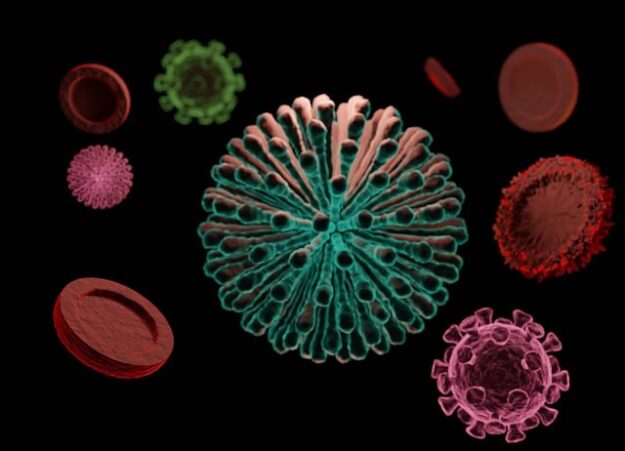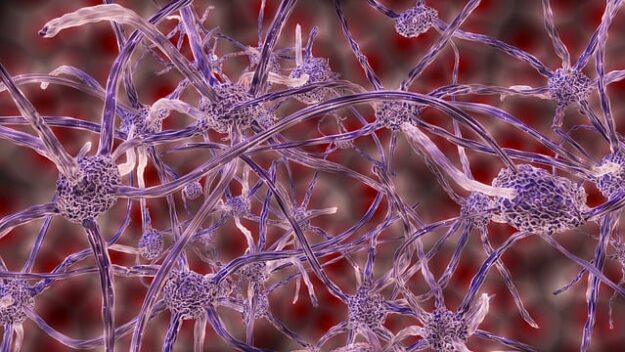Autoimmune diseases and the genetic factor
Introduction Autoimmune diseases (AD) are a heterogeneous group of disorders in which the immune system mistakenly attacks the body’s own tissues. Their prevalence is significant—it is estimated that they affect between 7 and 10% of the world’s population. ( Frontiers ) The onset of an autoimmune disease is explained by the convergence of several factors:…













